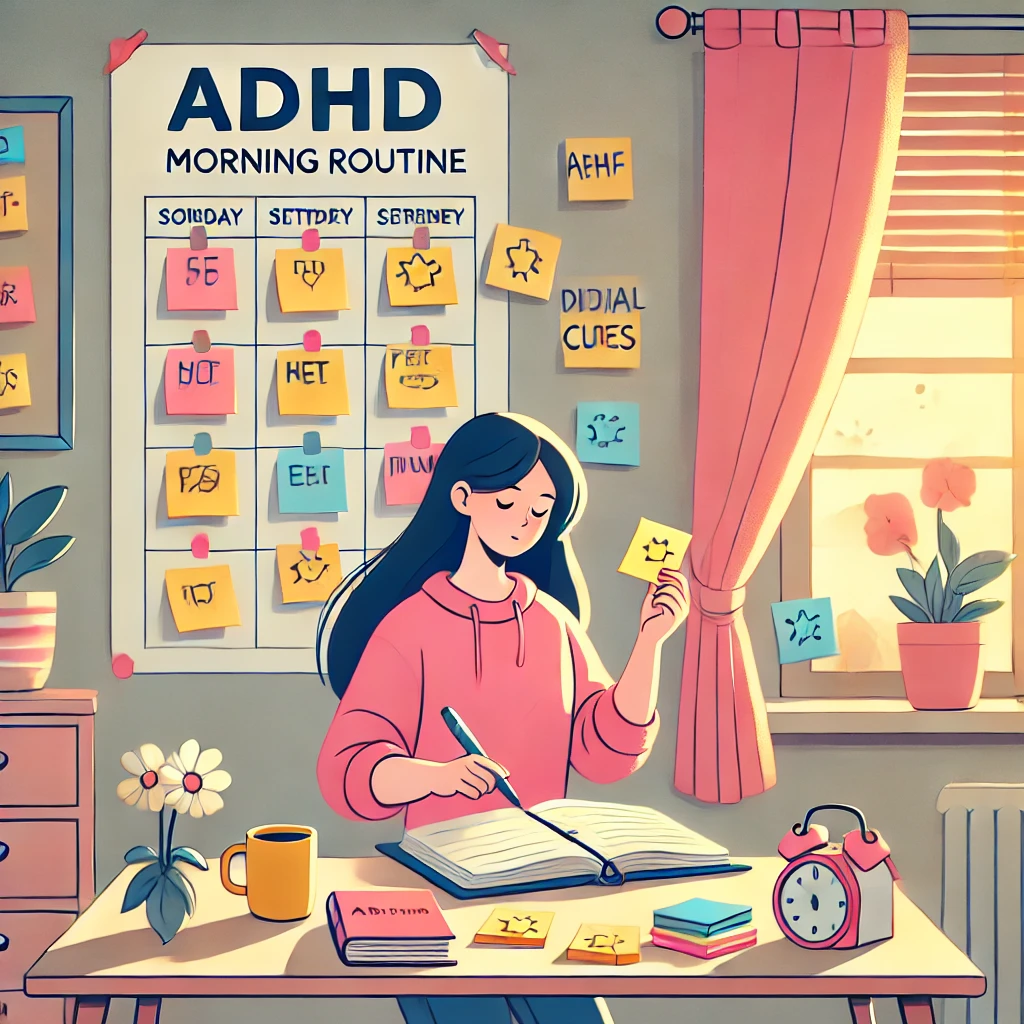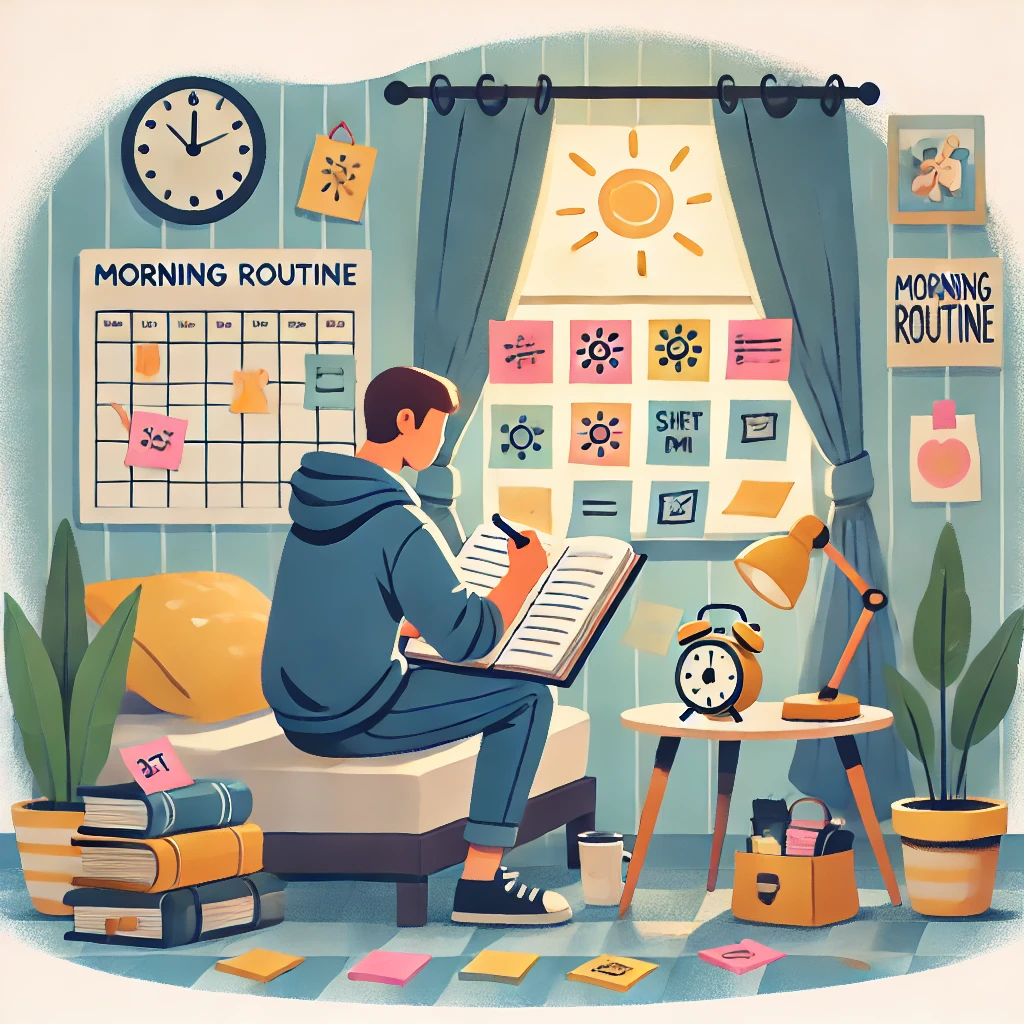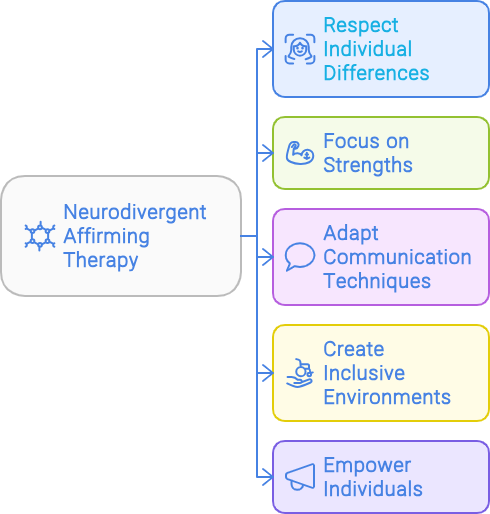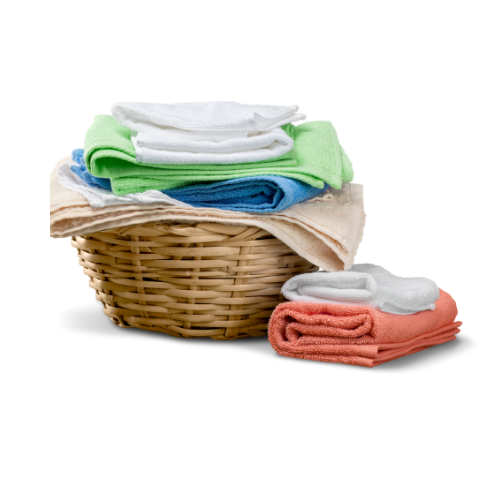ADHD and Routine Disruptions
Many clients struggle to get their lives on track after an ADHD routine disruption.
If you are feeling “off” after a big event, travel, or even a weekend that took you out of your normal routine and you are an ADHD woman, you are not alone.
For many women with ADHD, these disruptions can feel overwhelming, making it hard to get back on track. And as you get older, these challenges get worse because your dopamine fluctuates wildly, so these things impact you more.
Let's look at why this happens and what you can do before and after a routine disruption to feel more in control.

What Is a Routine Disruption?
A routine disruption happens any time your usual schedule or habits get interrupted. This can be something big, like a vacation, or minor, like staying up too late.
These disruptions affect everyone, but for ADHD brains, it can be incredibly challenging to get back on track, and then all aspects of your executive functioning become impacted.
Routines act like anchors for your brain; they give it the structure to help your executive functions stay on course.
Once you change a routine, it can feel like you’re drifting without direction when they're gone.
Common Routine Disruptors Include:
- Big Life Events: Moving, starting a new job, or having a baby
- Travel: Vacations, work trips, or visits to see family
- Weekends and Holidays: Time off can feel great, but it may make getting back into routine hard
Why ADHD Brains Are Sensitive to Routine Changes
When routines get thrown off, your ADHD brain has to work harder to get on the course, and the executive functions can feel overloaded. You notice it's harder to focus, stay calm, and return to regular tasks.
How Disruptions Impact ADHD Executive Functions
- Task Initiation: Starting tasks can feel overwhelming when your routine has been disrupted, leading to procrastination or indecision.
- Focus and Working Memory: When routines change, your brain then has to work harder to hold and manage new information, which can feel exhausting.
- Emotional Regulation: Routines create stability that helps regulate emotions. When routines are disrupted, it’s easier to feel stressed or frustrated while trying to get back on track.
Preemptive Strategies to Minimize Disruption Effects and Stay on Routine While Away
If you know a routine disruption is coming, planning can make it easier to get back on track. Here are some practical steps:
- Anticipate and Plan for Changes: Set up flexible “fallback” routines. For example, create a simple morning or bedtime routine even in a new environment, like on vacation or during family visits.
- Use Visual Schedules and Reminders: Visual schedules or reminders on your phone are helpful when routines shift. Keeping critical tasks on a calendar can help you remember essential routines even when things are hectic.
- Practice Flexible Routines: Occasionally, switch up small parts of your routine (like the order of morning tasks) to practice flexibility. This will make it easier to adapt if you need to change things on the fly.
- Create Core Anchors: Pick a few non-negotiable “anchor activities” you can keep steady no matter what, like a set mealtime or a bedtime routine. This anchor will give you a sense of structure even when other parts of your day are out of routine.
- Plan for a Transition Day: Leave yourself a “buffer day” to return to your regular routine after a trip or holiday. Use this time to unpack, grocery shop, or do familiar activities to ground yourself.

ADHD and Routine Disruption: Easing Back Into Routine
Even with preparation, returning to your usual routine can feel challenging. Here are some gentle strategies to ease the transition:
- Re-establish Structure with a Modified Routine: If jumping right back into your old routine feels overwhelming, try a temporary, simplified version. For example, focus on three key tasks each day and gradually add more structure as you feel ready.
- Focus on Sleep and Wake Times: ADHD symptoms often worsen with poor sleep. A steady sleep routine is essential for regaining energy and focus, especially after a disruption. Prioritize a consistent sleep and wake schedule to support your brain’s executive functions.
- Use Micro-Routines to Regain Momentum: Small, easy-to-complete tasks, like tidying a space or preparing a snack, can help rebuild focus and motivation. Starting with these simple routines creates a feeling of accomplishment and gets your momentum going.
- Don’t Jump Straight Back to Work After a Vacation: Why a Transition Day Can Make All the DifferenceAfter a vacation, jumping right back into work can be overwhelming. Taking an extra day to ease back into your routine might feel indulgent, but it’s smart. This "transition day" gives you time to unpack, organize, and get grounded without the immediate work pressure.
- Take Breaks and Rest When Needed: Returning to a routine can be exhausting. Give yourself permission to take breaks and rest as needed. Taking it slow can prevent burnout and keep you from feeling overwhelmed.
- Practice Self-Compassion: If routines feel hard to re-establish, be kind to yourself. Remind yourself that disruptions are common and normal, using gentle self-talk to reduce frustration. Self-compassion can improve mood and resilience, making it easier to restart routines
Using these strategies to prepare for, adapt to, and recover from an ADHD routine disruption, you can regain stability and keep moving forward through life’s inevitable changes.




